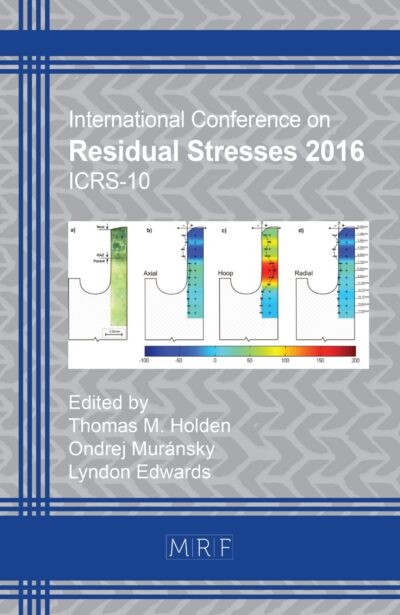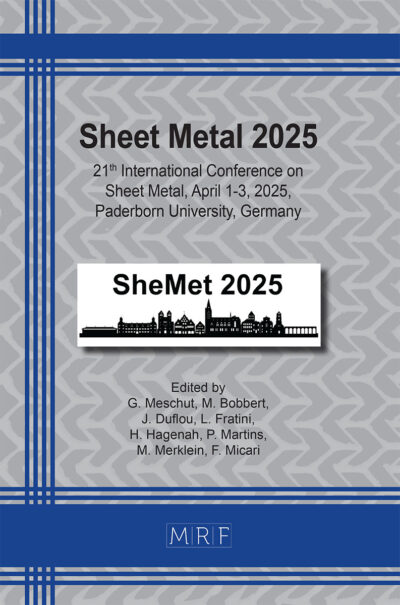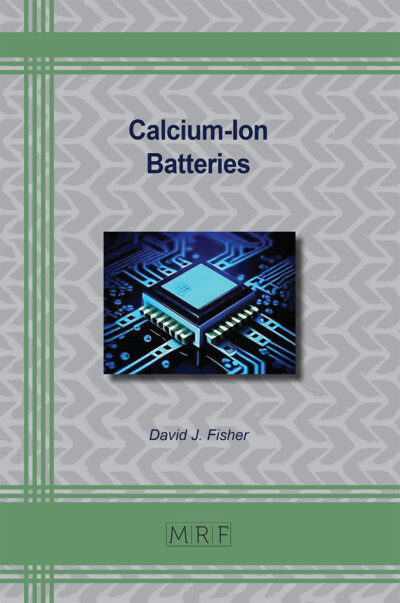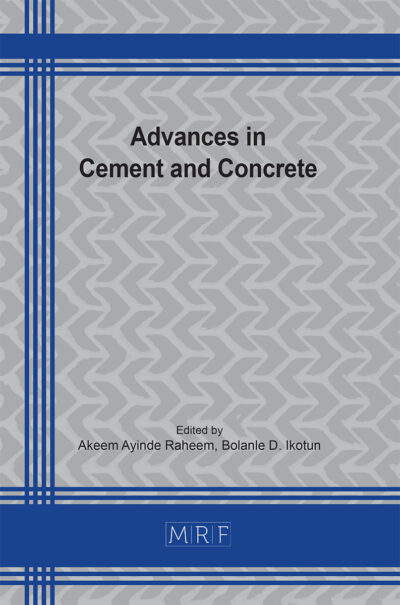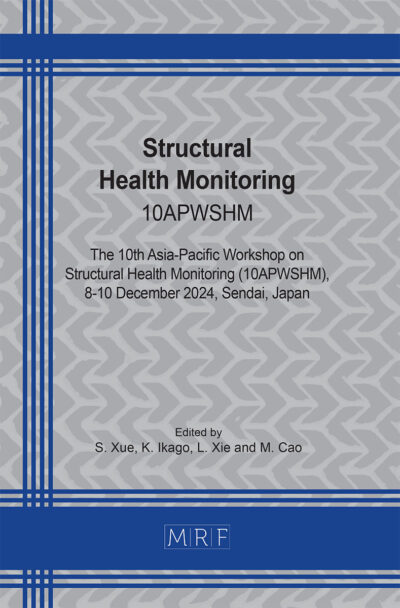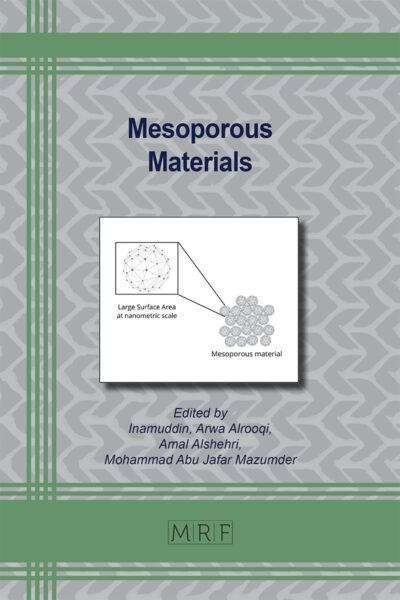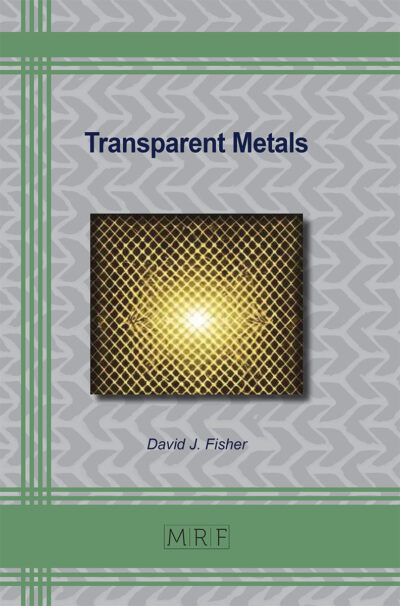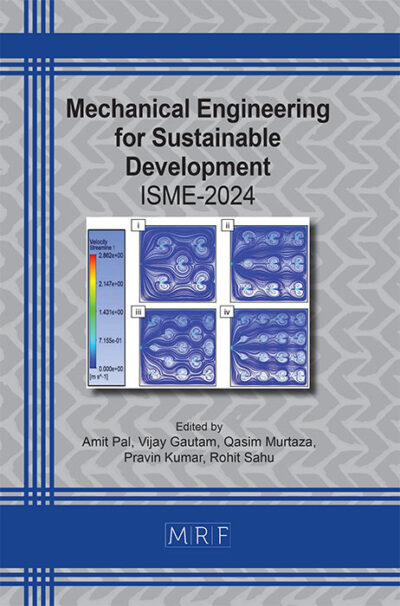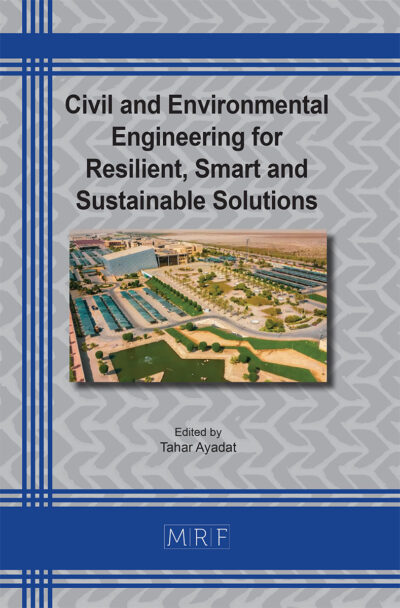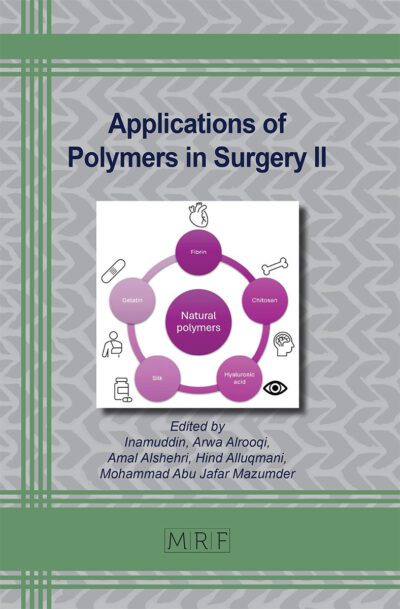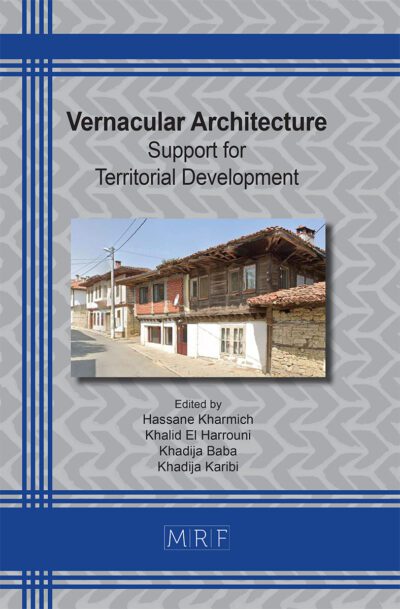Low-Energy Sonic Thermographic Inspection of Impact Damage in Aerospace Composites
Kelly A. Tsoi, Chris Brooks, Nik Rajic, Cedric Antolis
download PDFAbstract. This paper details an investigation into the use of an alternate sonic thermography inspection process which uses both low-energy acoustic coupling and an inexpensive microbolometer camera to detect barely visible impact damage in composite structures. The impetus is to create a system that is affordable, robust, rugged and easy to use in the field. This paper shows that the new system is capable of detecting barely visible impact damage with a performance comparable to that of conventional sonic thermography.
Keywords
Sonic Thermography, Non-Destructive Testing, Low Energy, Kissing Bonds
Published online 2/20/2021, 8 pages
Copyright © 2021 by the author(s)
Published under license by Materials Research Forum LLC., Millersville PA, USA
Citation: Kelly A. Tsoi, Chris Brooks, Nik Rajic, Cedric Antolis, Low-Energy Sonic Thermographic Inspection of Impact Damage in Aerospace Composites, Materials Research Proceedings, Vol. 18, pp 53-60, 2021
DOI: https://doi.org/10.21741/9781644901311-7
The article was published as article 7 of the book Structural Health Monitoring
![]() Content from this work may be used under the terms of the Creative Commons Attribution 3.0 licence. Any further distribution of this work must maintain attribution to the author(s) and the title of the work, journal citation and DOI.
Content from this work may be used under the terms of the Creative Commons Attribution 3.0 licence. Any further distribution of this work must maintain attribution to the author(s) and the title of the work, journal citation and DOI.
References
[1] K.A. Tsoi and N. Rajic, “Non-destructive evaluation of aircraft structural components and composite materials at DSTO using sonic thermography”, DSTO Technical Note, DSTO-TN-0986 2011.
[2] K. Tsoi, C. Antolis and N. Rajic, “Penetration Depth Limits of Active Thermography for Detection of Impact Damage in Carbon Fibre Composites”, 22nd International Conference on Composite Materials, 2019.
[3] N. Rajic and D. Rowlands, “Thermoelastic stress analysis with a compact low-cost microbolometer system”, Quantitative InfraRed Thermography Journal, 10 (2013) 135-158. https://doi.org/10.1080/17686733.2013.800688
[4] J. Rantala, D. Wu & G. Busse, “Amplitude-Modulated Lock-In Vibrothermography for NDE of Polymers and Composites”, Journal of Research in Nondestructive Evaluation, 7:4, (1996) 215-228. https://doi.org/10.1080/09349849609409580
[5] Salerno, A, Dillenz, A. Wu, D. Rantala J. and Busse, G., “Progress in ultrasound lockin thermography”, Quantitative Infrared Thermography 4, (1998), 154-160. https://doi.org/10.21611/qirt.1998.024
[6] Zweschper, T, Riegert, G., Dillenz, A. and Busse, G., “Frequency-modulated elastic wave thermography,” Proc. SPIE 5073, Thermosense XXV, 2003. https://doi.org/10.1117/12.488547
[7] X. Maldague and S. Marinetti, “Pulse Phase Infrared Thermography”, J. Appl. Phys., 79, (1996) pp. 2694-2698, 1996. https://doi.org/10.1063/1.362662
[8] N. Rajic. “Principal Component Thermography”. DSTO Technical Report DSTO-TR-1298, 2002.


